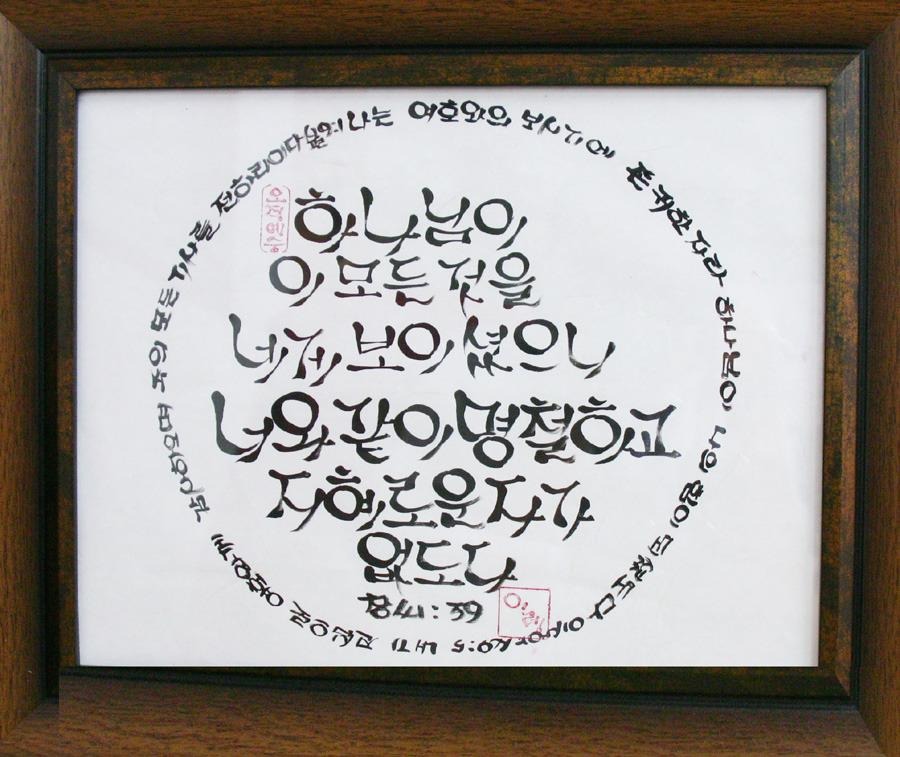ALL THAT ....
Thank you" words in Korean 감사합니다 본문
Thank you" words in Korean
"Thank you" to express your appreciation
감사 합니다
Thank you" words in Korean
"Thank you" to express your appreciation
감사 합니다
Kamsa Hammida
Thank you
* "니다" is "Nida", sounds like a native when pronounced.
Reference: Korean ending "습니다 Sumida? Sumnida?"
감사 드립니다
Kamsadulim nida
Thank you
고맙습니다
Komapsumumida
Thank you
There are many "Thank you" polite words in Korean.
First of all, there is "감사 합니다 (thank you)" that can be used at any time.
In addition to superiors and bosses, I also use it for shop assistants at restaurants and convenience stores, and when I receive a gift, I also use it for the last greeting text of the email.
"감사 드립니다 (thank you)" is "thank you" when you use more expressive expressions than "감사 합니다".
I haven't used it so much because it's used for commemorative ceremonies, speeches in the presence of many people, important customers, company presidents, executives, and executives. Lol
The usage of "고맙습니다 (thank you)" is almost the same as "감사 합니다". “감사” is a word that comes from the Chinese character “thank you”, and is “고맙다
The only difference is the word "thank you" in the Korean native language.
However, for those who are more familiar, I think that "고맙 습니다" is often used rather than "감사 합니다". ‥
"Thank you" to thank friends and close friends
감사 해요
고마워요
Thank you
"Thank you for 감사 해요" and "Thank you for 고마워요" are the differences between the thank you that comes from the kanji and the thank you for the proper language.
Both are polite, but since they are more casual expressions than "감사 합니다" and "고맙습니다", they are words that are not used for superiors, bosses, or important customers.
If you are a close friend, you may be more pleased.
The feeling of reduced distance is transmitted to the other person!
But I haven't used "감사 해요" much.
